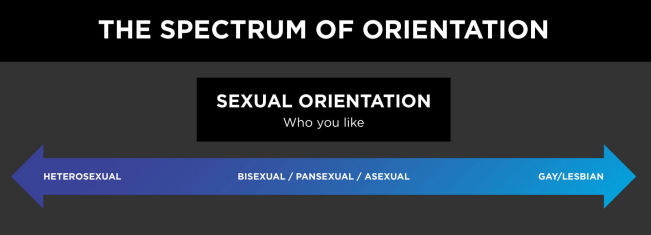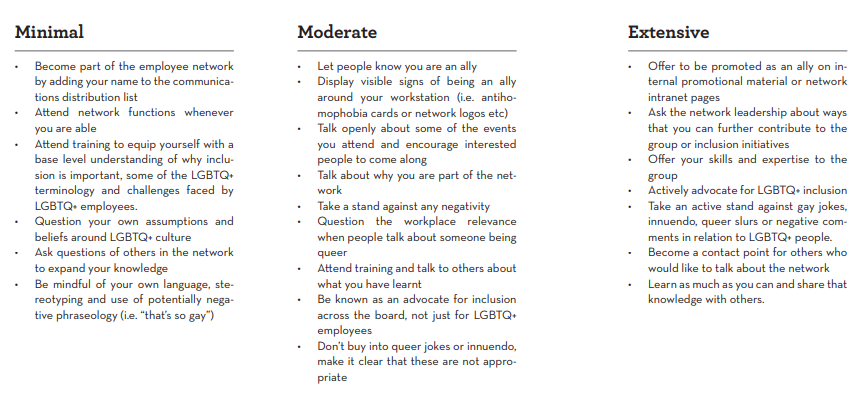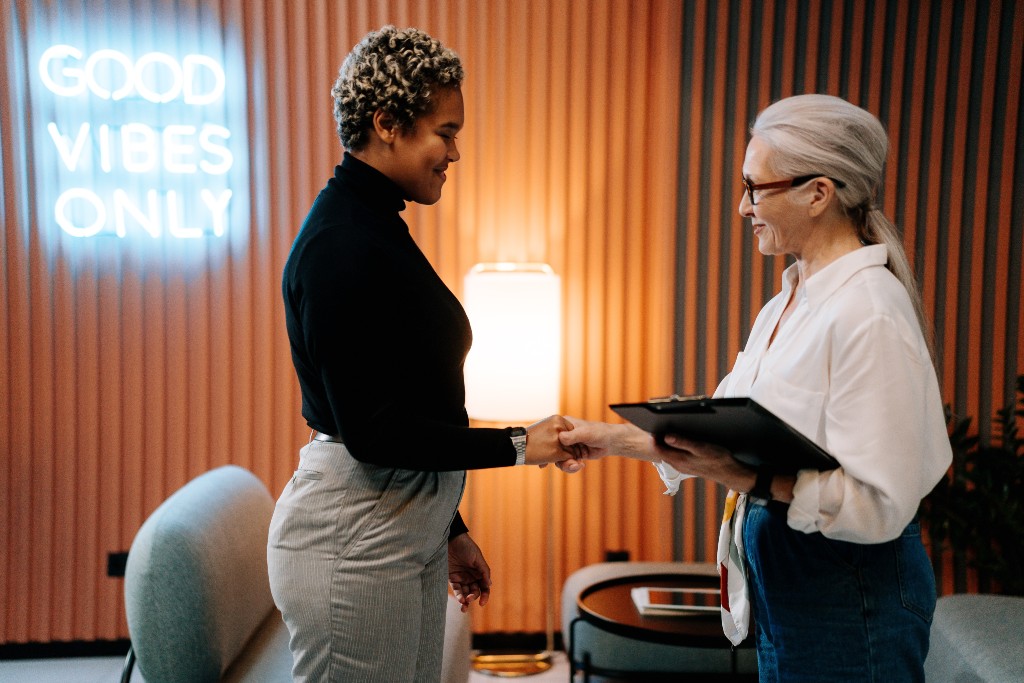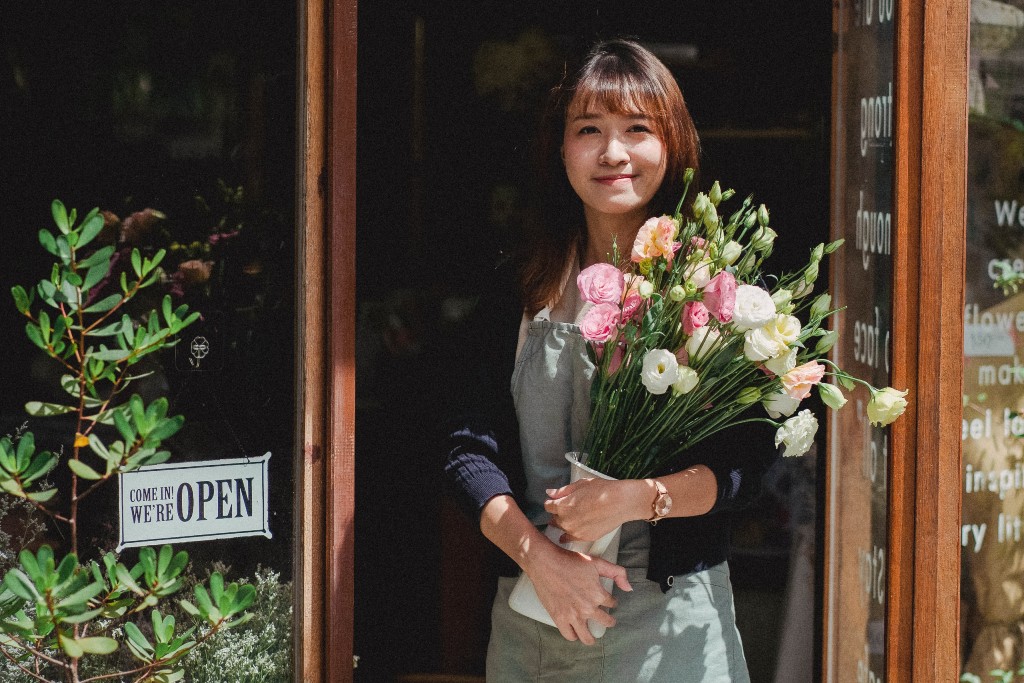Imagine for a second being transported back to the 1970s. Non-heterosexual relationships are considered deviant and an identity that strays from the status quo could get you fired or worse. Society wanted to “cure” what is simply who you are – who you were born to be. While things have improved for LGBTQ+ people since then, many elements of past persecutions are still felt today. But there are ways we can make the workplace a safer place for all.
In the first Qzine issue, The Adecco Group delves into the various ways allies can show up for their LGBTQ+ colleagues. Acting as a guide for allies, this issue can help people understand their place in society and help them better contribute to inclusive workspaces.
What is an ally?
We start with the basics. Simply put, an ally is a straight/cisgender advocate for LGBTQ+ workplace inclusion – a supporter, a friend, a person who wants to see change and is prepared to help bring it about. Allies can be educators and agents for change by normalizing the language used in the workplace when referring to LGBTQ+ people as well as their preferred pronouns. Allies can call out anti-queer behaviour and help to speak out against lingering stereotypes. An ally can be a voice, a safe space and an empathetic ear.
Read the room
As a society, we have undoubtedly come a long way but many LGBTQ+ people remain guarded - for good reason. One in ten LGBTQ+ workers experienced discrimination at work in the last year, according to new research. The same study reports that many LGBTQ+ employees still engage in “covering” behaviours to avoid harassment or discrimination at work, and 50% of LGBTQ+ people are not out to their current supervisor. Very few people have the courage or luxury to walk into a new job 'gay'.
They’re doing the work of living in secret and living in fear. So they should not also have to do the work of creating safe spaces. That’s where allies come in, but it’s not always as simple as establishing a diversity and inclusivity committee.

Understanding privilege
Cisgender employees tend to have their sexuality comfortably on display. From chats about their spouse to photographs of their children, it’s comfortable to be open. How can we create that same freedom for our LGBTQ+ colleagues?
Sexual orientation is often a sensitive topic in the workplace but is not something unique to those who identify as lesbian, gay or bisexual. We all have a sexual orientation, but only some of us can show up as we truly are. This is what some academics refer to this as heterosexual privilege.
Understanding that heterosexual employees begin their employment journey in this way can help you identify whether or not your LGBTQ+ colleagues have the same freedom. For instance, how comfortable would it be for a gay colleague to talk about their partner? If the answer is that they’d be uncomfortable, it could be an opportunity to support them as an ally with micro-affirmations – dialogue that affirms their way of life is understood and respected.
Help me help you
There are real benefits to being an ally. It opens the door to new connections, new ways of living, and new ways of thinking particularly about creative work. It’s also a way to show support for the people in your life – the friends and loved ones who might not be in a position to speak for themselves yet. Every ally has to find the right way for their community and for themselves. There are various levels of engagement for allies:

The guide unpacks questions like this and much more with the aim to help create champions of diversity and inclusion. The Adecco Group believes in talent, not in labels. LGBTQ+ allies in the workplace can further assist in providing an inclusive work environment, and help create an atmosphere where employees are not just valued, but empowered to think freely and to be themselves.



